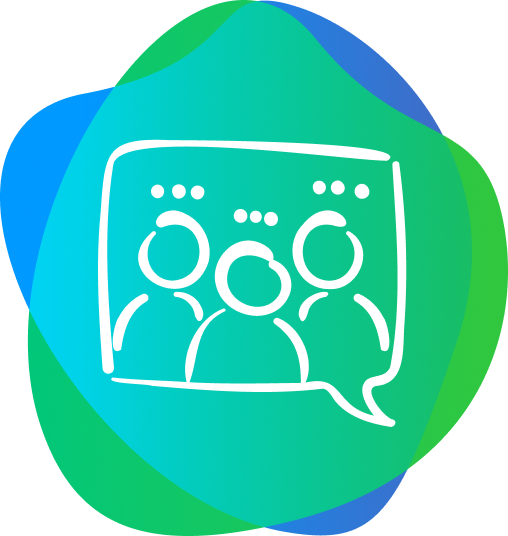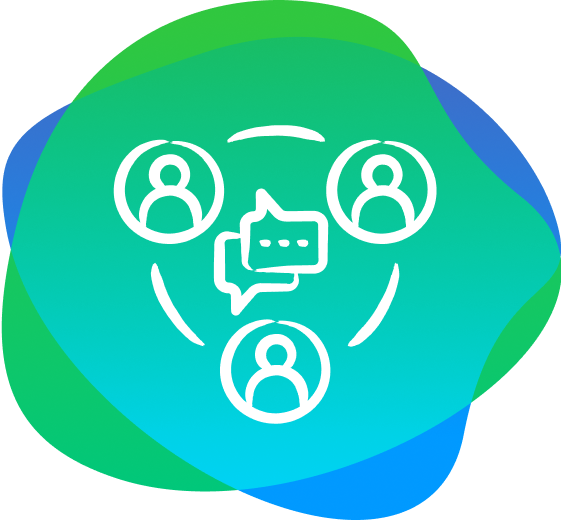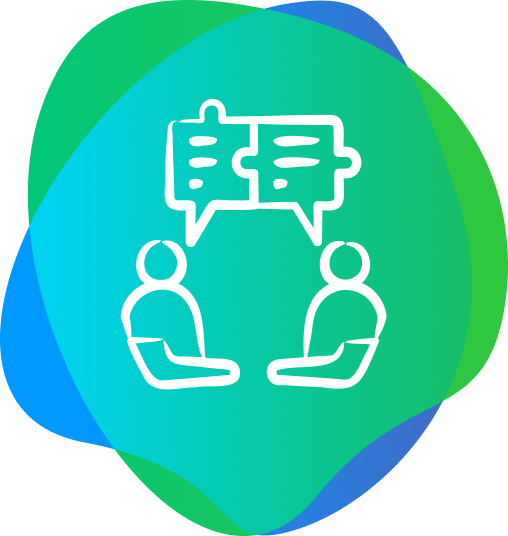Mental Health Services and Youth Protection

TheProject

We are use a learning health system perspective to better understand what kinds of standards should be put in place. This means that we are mobilizing knowledge from various stakeholders in both child welfare and youth mental health services to inform this project.
In other words, we want to learn from youth, workers, community organizations, and policymakers on what is currently working, what isn’t working, and what kinds of care and services they would like to see in place.

What is a learning health system?
A learning health system research study connects researchers, practitioners, and services users to learn and grow continuously.
In this project we are interested in using practice knowledge as data – by speaking with major stakeholders we are systematically gathering and creating knowledge to inform service standards.

Why are wedoing this?
Many children and young people, particularly those receiving child welfare services, don’t have timely access to mental health care due to challenges such as finding a trusted service provider, lack of public transport, and language barriers, to name a few.
Those who leave child welfare services face significant challenges and systemic barriers to care,, leading to high rates of homelessness, potential legal problems, decreased well-being, and mental health problems.
Ensuring Continuous Services
Racialized Young People
The needs of young people who are racialized or face language barriers are often even more complex and unrecognized (Boatswain-Kyte et al., 2020).
Transitioning Out of Child Welfare Services
Young people transitioning out of child welfare services face unique and often significant challenges that their peers in the general population don’t encounter (Goyette et al., 2022).
Care Access Obstacles
Mental Health Emergency Needs
Young people in child welfare services also rely on mental health emergency services more frequently than others (MacDonald et al., 2023).

Ourobjectives
We are meeting our research objectives by talking to youth, workers, managers, and decision makers to better understand how child welfare and mental health services are coordinated and used.
We are also exploring what helps and what doesn’t help coordination and communication between child welfare services and youth mental health services.
To contribute to the development of pan-Canadian mental health service standards for young people receiving child welfare services or transitioning out of care.
To improve equitable access to mental health care services within child welfare system.
Our Research Activities
PHASE 1

STEP 1
Critical literature review
Seven individual interviews with decision makers, foster family associations & youth community organizations.

STEP 2
Ten focus groups with Québec managers and youth workers (n+28)
PHASE 2

STEP 3
Three focus groups with Québec youth with lived experience in the child welfare system (n=10).

STEP 4
End of project colloquium and consultation

What wehave learned
The results of this research highlight several central themes regarding mental health service standards in youth protection.

What's Next?
- Our end of project results will be presented at a colloquium we are organizing on May 7, 2025 at Concordia University. Learn more and register here
- We are also continuing our other research projects in the field of youth mental health.


